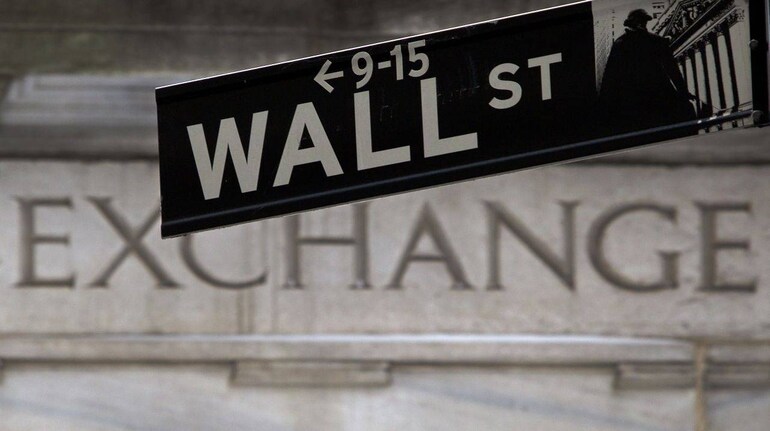U.S. stocks lost ground at the start of a holiday-shortened week on Monday as investors positioned themselves ahead of inflation data. All three major U.S. stock indexes ended the session in the red, with the blue-chip Dow suffering the largest percentage loss.
The dollar dipped as the risk of yen intervention loomed and it came under pressure from China's government-supported yuan rally. Wall Street focused on Boeing (BA.N), opens new tab after the planemaker said its CEO Dave Calhoun will step down by year-end after a flurry of safety concerns.
"On the heels of the best week of the year last week, stocks are taking a bit of a breather today, with the inflation data set to come out later this week," said Ryan Detrick, chief market strategist at Carson Group in Omaha. "The truth is many people are on spring break this week," Detrick added. "We have a holiday right around the corner, so a light-volume consolidation after the big run we've seen is perfectly normal."
After the U.S. Federal Reserve's decision last Wednesday to leave its key policy rate unchanged, and its "dot plot" still reflecting expectations for three cuts to that rate this year, markets are looking ahead to Friday's Personal Consumption Expenditures (PCE) report due from the Commerce Department.
The report will be released on the Good Friday holiday despite it being a market holiday.
Analysts expect the PCE data to show inflation gathered heat in February, with prices rising by 0.4% after January's 0.3% gain. However, "core" price inflation, which strips away volatile food and energy prices, is seen cooling to 0.3% from 0.4%. The Dow shed four-tenths of a percent and the S&P 500 and Nasdaq both lost roughly three-tenths of a percent.
Year-on-year, headline and core PCE price indexes are expected to land at 2.5% and 2.8%, respectively, hovering within one percentage point of the Fed's average annual 2% target.
The Dow Jones Industrial Average (.DJI), opens new tab fell 162.26 points, or 0.41%, to 39,313.64, the S&P 500 (.SPX), opens new tab lost 15.99 points, or 0.31%, to 5,218.19 and the Nasdaq Composite (.IXIC), opens new tab dropped 44.35 points, or 0.27%, to 16,384.47.
European stocks reversed a modest sell-off to eke out nominal gains as market participants digested dovish sentiment from major central banks. The pan-European STOXX 600 index (.STOXX), opens new tab rose 0.04% and MSCI's gauge of stocks across the globe (.MIWD00000PUS), opens new tab shed 0.24%.
Emerging market stocks lost 0.25%. MSCI's broadest index of Asia-Pacific shares outside Japan (.MIAPJ0000PUS), opens new tab closed 0.07% lower, while Japan's Nikkei (.N225), opens new tab lost 1.16%.
The dollar dipped against a basket of world currencies and the yen was little changed after Japan's top currency diplomat warned against speculators trying to weaken the currency, while China’s yuan gained on suspected selling of dollars by state-owned banks. "China and Japan trying to shore up their currencies is a reflection of weakness in their economies, and they’re putting a band-aid on something
that requires something more significant," said Oliver Pursche, senior vice president at Wealthspire Advisors, in New York. The dollar index (.DXY), opens new tab rose 0.2%, with the euro up 0.3% to $1.0837. The Japanese yen strengthened 0.02% versus the U.S. dollar at 151.46 per dollar, while Sterling was last trading at $1.2635, up 0.27% on the day. Bitcoin surged above the $70,000 level, and was last up 11.7% at $70,958.
"The incredible demand for bitcoin continues as the new ETFs continue to see very strong flows," Detrick said. Treasury yields edged higher after the $66 billion auction of two-year notes as markets got used to the idea of the Fed cutting interest rates three times this year.
Benchmark 10-year notes last fell 8/32 in price to yield 4.2493%, from 4.218% late on Friday. The 30-year bond last fell 14/32 in price to yield 4.4183%, from 4.392% late on Friday.
Oil prices advanced due to supply concerns arising from Russian output cuts and geopolitical conflicts.
U.S. crude rose 1.64% to settle at $81.95 per barrel, while Brent closed at $86.75 per barrel, up 1.55% on the day. Gold firmed ahead of key U.S. economic data this week.










